- 👨🏿🚀TC Daily
- Posts
- The Blame Game
The Blame Game
Today: Logistics and payments hiccups throttle Botswana’s e-commerce ambitions.


Happy salary day! ☀️
We are officially 13 days to the most crucial event in Africa's digital landscape. Moonshot by TechCabal invites you to join this extraordinary gathering, uniting the brightest minds in Africa's tech ecosystem for two unforgettable days of valuable insights, strategic networking, and remarkable experiences as we delve into the theme, "Building for the World."
Join industry leaders and like-minded individuals at Moonshot 2024 as we look into the future of African tech.
Save a seat at Moonshot using the discount code MSVIP and get 20% off tickets.

E-commerce
Logistics and payments hiccups throttle Botswana’s e-commerce ambitions

Logistics and payment challenges are the two prominent challenges facing e-commerce in Botswana, According to startup founders, logistics and payment are the two prominent challenges facing e-commerce in Botswana. In the past year, at least five e-commerce startups have closed shop after COVID-19 briefly offered hope that e-commerce would catch on.
In 2020, e-commerce reached fever with the government launching a National E-Commerce Strategy and a national marketplace called BW Reka.
The national strategy feels like a relic from the past and BW Reka is now offline.
Ephraim analyses some of the reasons e-commerce is struggling:
“The best way to handle logistics [in Botswana] is to have an in-house fleet because courier companies would be too expensive,” said Phumulani Makgetho, co-founder of e-commerce startup Vaisa. “But having your fleet that can deliver nationwide is another challenge on its own.”
Payments are another challenge. Botswana does not have a local gateway and startups have to rely on mostly South African solutions.
Yet, all is not lost and the people in the arena are thinking through these challenges.
Read Moniepoint’s Case Study on Funding Women
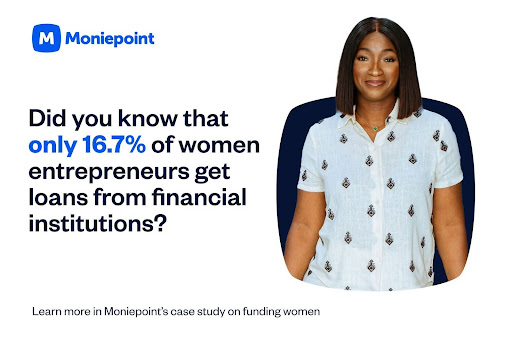
After losing their mother, Azeezat and her siblings struggled to keep Olaiya Foods afloat. Now, with Moniepoint, they’re transforming Nigeria’s local buka scene. Click here for a deep dive into how Moniepoint is helping her and other women entrepreneurs overcome their funding challenges.
Economy
Look at the money printer and not food prices for Nigeria’s inflation
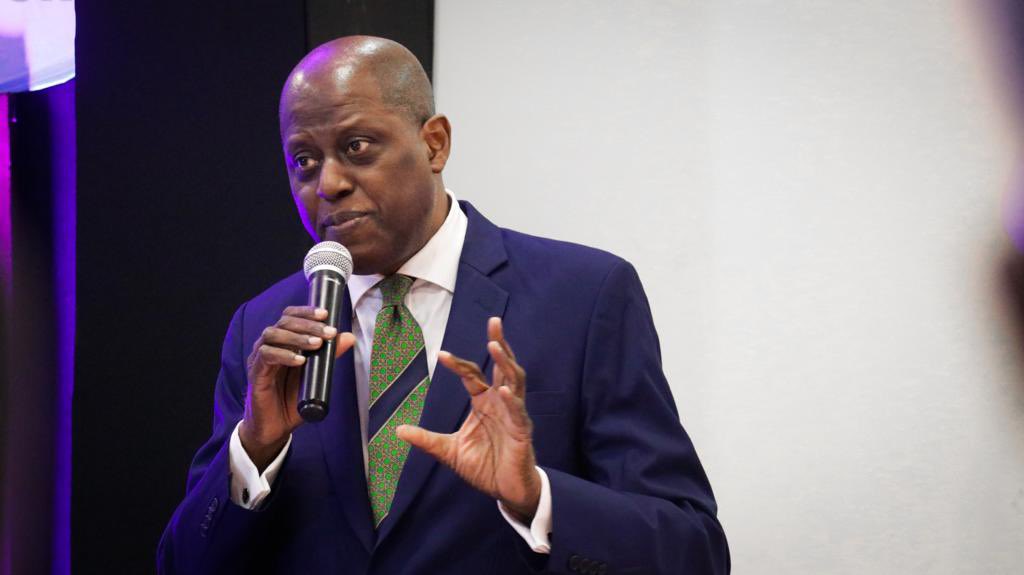
There are two ways to view Nigeria’s inflation: through the eyes of a structuralist or a monetarist. The structuralists believe that since food prices constitute about 55% of the Consumer Price Index, the measure of inflation, and Nigeria’s notoriously low credit penetration (14%) render the effects of interest rate increases inefficient, inflation is driven by issues like poor crop yields, crumbling infrastructure, and rampant insecurity.
Monetarists, however, believe that Nigeria’s history of recklessly printing money is the driver of inflation. In eight years, the money supply tripled as the CBN financed government spending. When the liquidity of an economy increases that rapidly, too much money chases too few goods. This leads to an increase in the price of goods as the law of demand and supply kicks in.
Evidence tells us that the right way to look at the cause of Nigeria’s inflation is through the lens of a monetarist. Structural issues are not unique to Nigeria; most African countries also face insecurity, low crop yields, and infrastructure bottlenecks, but the growth of the money supply is unique to Nigeria.
Under Emefiele, a structuralist approach was used to bring down inflation but it led to some of the highest inflation rates ever recorded. And it seems that we are still on the same path. In just one year of Yemi Cardoso’s tenure as the current central bank governor, the money supply has doubled.
The current strategy of raising interest rates to curb inflation has proven ineffective, as the devaluation of the naira has deterred foreign investors, demand for the dollar remains high, and the money supply continues to grow.
The central bank must coordinate with fiscal authorities to rein in deficit financing and implement fiscal rules that limit excessive liquidity injections into the economy. Until monetary policy gets its house in order, we can expect Nigeria’s inflation to remain stubborn.
Issue USD and Euro accounts with Fincra
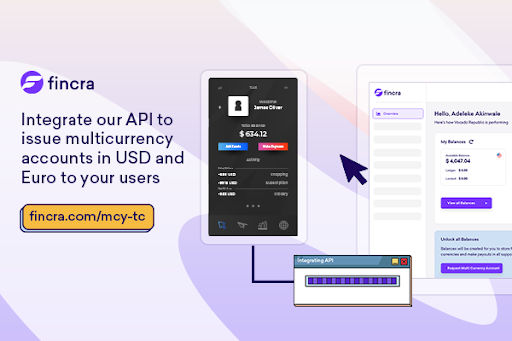
Whether you run an online marketplace, a remittance fintech, a payroll, a freelance platform or a cross-border payment app, Fincra’s multicurrency account API allows you to instantly create accounts in USD and EUR for customers without the stress of setting up a local account. Get started today.
Economy
Kenya in talks with Abu Dhabi for $1.5 billion loan
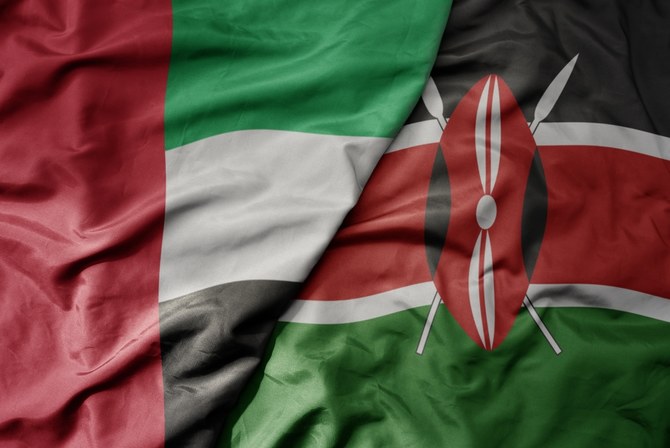
In June, Kenya tried to plug a $3.7 billion hole in its budget by imposing a raft of taxes, including a tax on bread and other everyday items. The taxes, which would have brought in $2.7 billion, were dropped after week-long deadly protests.
On September 10, the country’s Treasury Secretary announced that the government’s budget deficit had increased to KES767 billion ($5.95 billion) up from $3.7 billion. The widening budget deficit has put pressure on Kenya's public finances, which are already strained by debt repayments, pending bills, and expenditure carryovers from the previous fiscal year.
Although the government has promised to reduce budget spending by nearly 2% to KES3.87 trillion ($29.9 billion) in the new fiscal year, it still needs to fill its budget deficit. To do this, the East African country is now in talks with Abu Dhabi for a $1.5 billion loan to help bridge its budget deficit. Talks of the loan deal are still in the preliminary stages and details remain unclear. People familiar with the conversation say the loan will carry an interest rate of about 8.2%.
Talks of the $1.5 billion loan package come as Kenya aims to break away from costly commercial debt. The country awaits a delayed $600 million disbursement from the International Monetary Fund. The IMF delayed funding after Kenya failed to meet up with its conditions.
The loan discussions are part of Abu Dhabi's broader effort to strengthen ties with African countries. Earlier this year, Abu Dhabi extended a $35 billion aid package to Egypt.
Introducing Pay with Pocket on Paystack Checkout
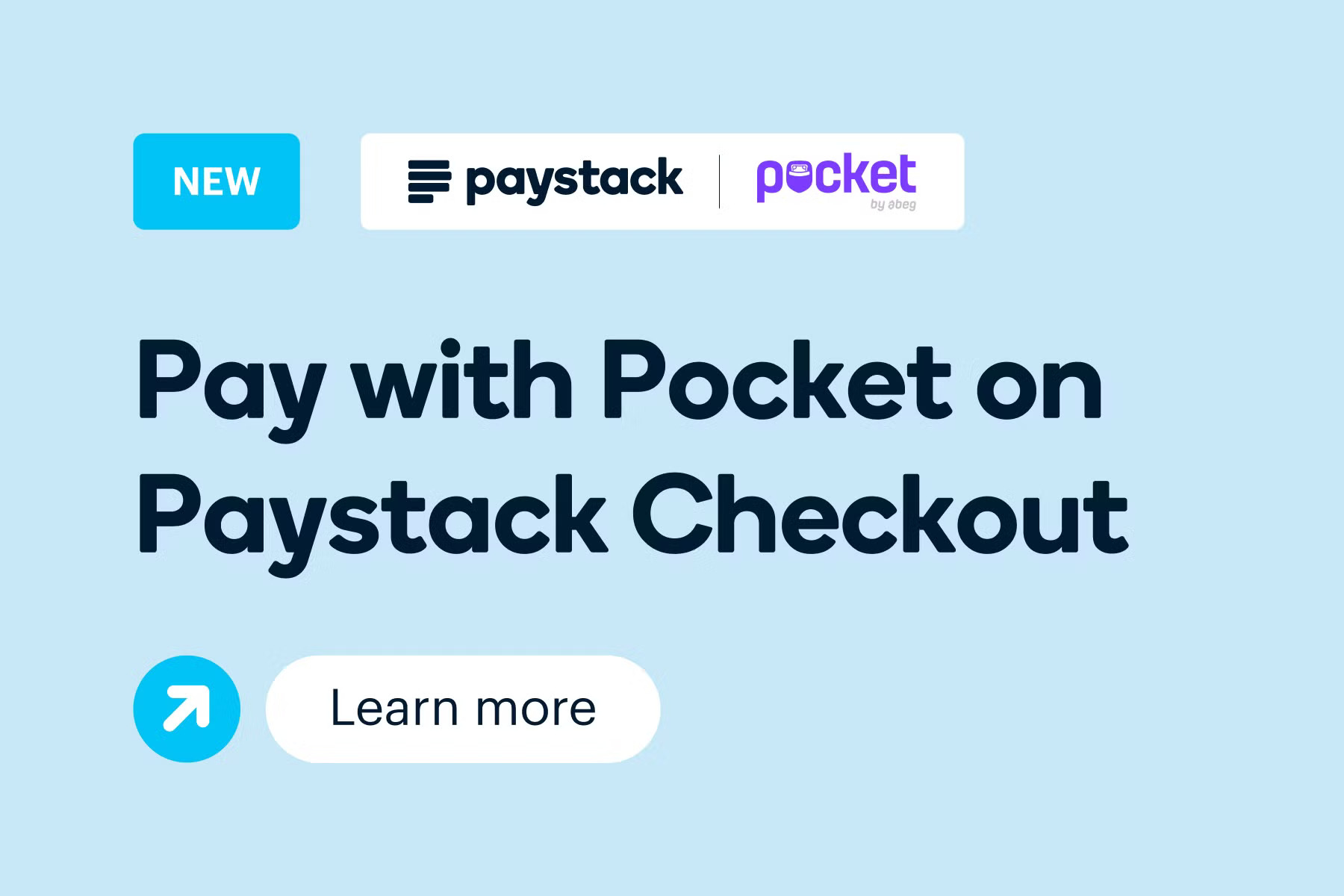
Paystack merchants in Nigeria can now accept payments from PocketApp’s 2 million+ customers. Learn more →
CRYPTO TRACKER
The World Wide Web3
Source:

Coin Name | Current Value | Day | Month |
|---|---|---|---|
| $63,371 | - 1.50% | + 0.40% | |
| $2,594 | - 1.44% | - 3.51% | |
$0.10 | - 13.75% | + 499.51% | |
| $149.41 | - 1.41% | - 5.94% |
* Data as of 05:50 AM WAT, September 26, 2024.
Opportunities
- Here’s an exciting opportunity for crypto innovators! Quidax in partnership with TC Battlefield has launched an exclusive award category to celebrate the most promising and innovative crypto startup in Africa. If you’re solving big problems with cryptocurrency, you stand a chance to win the $15,000 grand prize and other exciting rewards. Applications close next week so apply quickly!
- Introducing Krent, a property tech platform providing Nigerian renters and buyers with a transparent, stress-free, and cost-efficient solution. krent.space addresses many of the long-standing frustrations faced by renters, such as time-consuming property inspections, countless outrageous fees, and inefficient processes. The platform has completely removed inspection fees—something that often blindsides house renters. If you’re renting a property in today’s Nigeria, you can pay up to 20% of your rent on extra fees but with Krent, you’ll only pay an 8% admin fee, which covers agency fees and any other costs related to the property. Get started here.
- The Future of Capitalism Tech Startup Competition is offering $1 million to one lucky tech startup that can transform how businesses today operate. If your tech can save costs, boost efficiency, increase productivity or customer satisfaction, then apply by September 30 for a chance to win.
Issue virtual USD cards for you and your customers
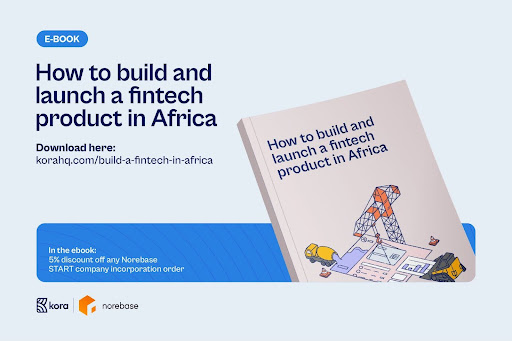
Do you want to issue virtual USD cards for your customers and business expenses? Use Kora’s APIs to issue cards, customise your card program, and set your customers' funding limit to your risk level. Get started here.

Written by: Muktar Oladunmade, Faith Omoniyi and Ephraim Modise
Edited by: Olumuyiwa Olowogboyega & Timi Odueso
Want more of TechCabal?
Sign up for our insightful newsletters on the business and economy of tech in Africa.
- The Next Wave: futuristic analysis of the business of tech in Africa.
- Entering Tech: tech career insights and opportunities in your inbox every Wednesday at 10 AM WAT.
- TC Scoops: breaking news from TechCabal
P:S If you’re often missing TC Daily in your inbox, check your Promotions folder and move any edition of TC Daily from “Promotions” to your “Main” or “Primary” folder and TC Daily will always come to you.



